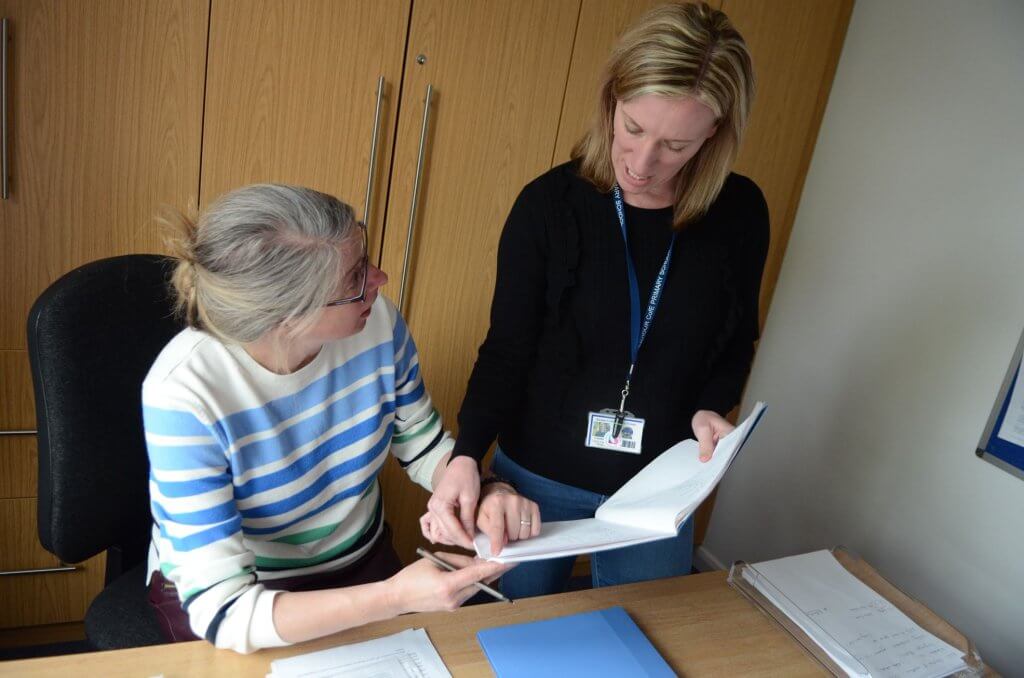Government agrees to a 6.5% pay rise for teachers
Teachers have been offered a 6.5% pay rise, as the government accepts the largest ever recommendation from the School Teachers’ Review Body (STRB). The pay rise has been proposed across all pay scales, apart from the bottom of the main pay scale outside of London and on the capital’s fringe, which will rise by 7.1% and 6.8% respectively, in order to meet the pledge of a £30,000 starting salary.
In a joint statement, the Prime Minister, Education secretary, and leaders of the four education unions, say the pay rise ‘recognises the vital role that teachers play in our country and ensures that teaching will continue to be an attractive profession.’
The government will provide schools with extra funding to cover 3% of the rise. Overall, schools will receive an extra £525 million in 2023-24, and a further £900 million in the following financial year. Schools will be expected to fund the remaining 3.5% from their own budgets, but leaders believe this will be affordable due to the £2.3 billion boost in funding announced last year. The government will also provide a hardship fund of up to £40 million to support schools facing financial difficulty.
The offer is backed by a number of commitments to reduce excessive workload in schools, including a target to decrease teachers’ working hours by a minimum of five hours per week as well as a national taskforce for tackling workload. Education unions will put the offer to their members with a recommendation to accept, allowing teachers and school leaders to call off strike action. In his statement, the Prime Minister confirmed that ‘today’s offer is final […] no amount of strikes will change our decision.’
High Court overturns law allowing agency workers to cover strikes
Last year, in response to the threat of widespread industrial action, ministers changed regulations to allow schools and other businesses to use agency workers to plug the gaps when staff go on strike. However, this week, the High Court ruled that these regulations are unlawful, after a legal challenge led by trade unions including the National Education Union (NEU) and NASUWT.
The law was originally brought in by former Business secretary, Kwasi Kwarteng, in the heat of last summer’s rail strikes. He said he wanted to remove ‘burdensome, 1970s-style restrictions,’ to ensure public services and people’s daily lives remain uninterrupted by strikes. But unions argued the government breach their rights by failing to consult them on the changes.
The high court judgement agreed there was no sign that consultation was considered, and that Kwarteng’s approach was ‘so unfair as to be unlawful and, indeed, irrational.’ The law change is expected to be quashed from 10 August. Dr Patrick Roach, general secretary of NASUWT, says ‘this victory is a vital one which upholds the basic rights of teachers and all working people.’ He encourages the government to focus on improving the pay and working conditions of all teachers, including agency workers, and tackling the cost of living crisis.
Overall SATs results remain unchanged from last year
Despite efforts towards post-pandemic recovery, leaders across the sector believe the impact of the pandemic can still be seen in this year’s Key Stage 2 SATs results. Released earlier this week, results show that the proportion of pupils meeting the expected standard in reading, writing and maths has remained unchanged since last year, as 59% of pupils reached the benchmark in all three tests. This represents a significant decline since before the pandemic, when 65% of pupils met the expected standards in 2019.
Whilst overall performance has remained the same, the proportion of pupils meeting the expected standard in reading has decreased from 75% in 2022, to 73% in 2023. In contrast, there was a positive shift in maths attainment, which rose from 71 to 73%. Similarly, the proportion of pupils meeting the expected standard in writing increased from 69 to 71%. Schools’ minister, Nick Gibb, says ‘it is encouraging to see attainment levels improving in some key subjects.’
However, Tiffnie Harris, the Association for School and College Leaders (ASCL) primary specialist, appeals to the government to help schools in their efforts to improve results by urgently addressing the national crisis caused by teacher shortages and lack of funding. She explains ‘it is extremely difficult to raise standards when schools are struggling to put a qualified teacher in front of every class.’ One of the government’s targets for 2030 is to ensure 90% of children reach the expected standards in reading, writing and maths at the end of primary school. But Harris says this ambition will remain a ‘pipe dream’ without the right support.
One Education understands the many challenges and opportunities that have arisen from recent trends, and remains committed to supporting schools in their pursuit towards excellence.
Whether it is supporting you with the complexities of school finance, or working together to raise pupil attainment, our team is here to help you achieve the very best standard of education.
Want to know more? Please get in touch.












